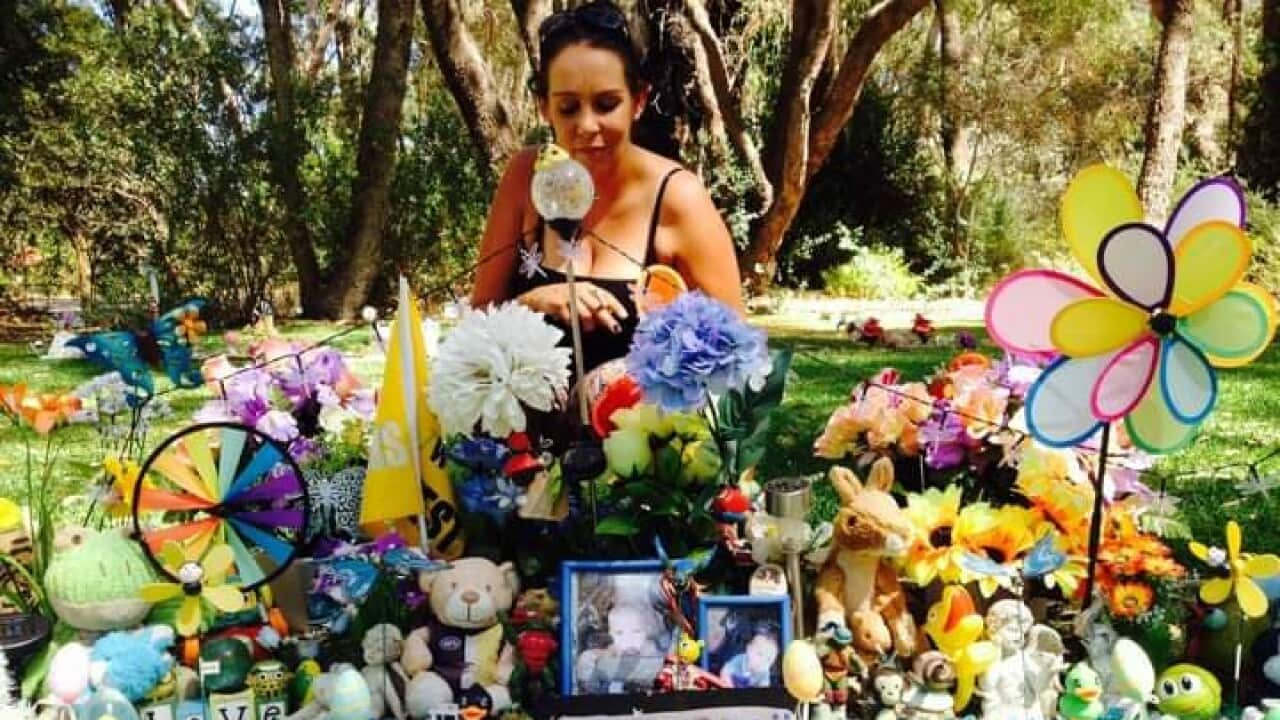The latest Australian Reconciliation Barometer report has revealed a rise in the number of Aboriginal and Torres Strait Islander people experiencing racism.
Fifty-two per cent of Indigenous people had experienced at least one form of racial prejudice in the past six months, up from 43 per cent in the 2018 barometer report.
Reconciliation Australia CEO Karen Mundine said this rise could be due to an increasing awareness of racism, but added that there isstill work to do to curb the discrimination Indigenous people face.
"We take this as a positive because the more people that are aware of things, what it means is that we're uncovering things that I think were already there, people are just more aware of it and I think that's a good thing," she told NITV News on Monday.
"Racism is not a good thing, experience of it is not a good thing, but when other people see it and are prepared to speak up about it, when we saw Black Lives Matter movements across the globe and particularly here in Australia, that again raised the issues.
"We know anecdotally people are more prepared to, and more Australians are having those conversations, and if we're going to address these issues going forward we need to start talking about this." The barometer also revealed 60 per cent of Aboriginal and Torres Strait Islander people agree that Australia is a racist country -up from 51 per cent in 2018.
The barometer also revealed 60 per cent of Aboriginal and Torres Strait Islander people agree that Australia is a racist country -up from 51 per cent in 2018.

Reconciliation Australia's 2020 barometer report revealed a growing number of people believe Australia is a racist country. Source: Supplied: Reconciliation Australia
43 per cent of non-Indigenous people also agreed that Australia is a racist country - up from 38 per cent in 2018.
Eighty-nine per cent of non-Indigenous people and 93 per cent of Aboriginal and Torres Strait Islander people said they believed it is important for Australia to undertake a formal truth-telling process about Australia's history.
A majority of respondents -86 per cent non-Indigenous and 91 per cent Indigenous- also believe it is important to establish a representative Indigenous Body.
Ms Mundine said this could also be attributed to Black Lives Matter rallies in Australia, which she said raised awareness of racism faced by Indigenous people in this country.
"We can draw from that what's happening in the general community, how those global movements impact it and how people understand it," she said.
"There was also a question around how people see racism and thinking that Australia is a racist country and we've seen an increase there.
"I think that is about understanding what racism is. But equally what we see is people place greater importance on truth-telling, which is so fundamental to Reconciliation.
"We're also seeing rising support for a representative body for Aboriginal and Torres Strait Islander people and the importance of Aboriginal and Torres Strait Islander people being represented by a body like that.
"These fundamental building blocks of how we create better outcomes for our people are there and, increasingly, Australians see their importance."
While Ms Mundine said there are definite positives in this year's barometer report, other findings are more concerning.
More Indigenous people reported having experienced racial discrimination in the past 12 months:
- 30 per cent in interactions with police (16 per cent in 2018)
- 24 per cent in interactions with local shop keepers and staff (18 per cent in 2018)
- 24 per cent in interactions with real estate agents (12 per cent in 2018)
- 22 per cent in interactions with doctors, nurses and medical staff (14 per cent in 2018)
Alongside the effects of the Black Lives Matter movement, Ms Mundine said these negative experiences with particular professions may be an illustration of how the stress and uncertainty of the COVID-19 pandemic has affected people.
Although it is too early to tell for sure, Ms Mindine said she hopes these rates decrease in future years.
"We've seen a small rise in negative experiences of Aboriginal and Torres Strait Islander people and their engagement with police, hospital workers, shop keepers, and real estates in particular.
"I think in 2020, it's been such an unusual year - everyone is stressed, everyone has been managing or dealing with the effects of COVID-19 and the pandemic.
"I think it's really telling of when people are feeling a bit under pressure, when people are feeling a bit stretched in their daily lives how it heightens some of those underlying issues.
"I'd like to think this is a blip, I'd like to think that going forward, we'll see a reduction but it's a bit early to say.
"Nevertheless it's something for us to think about and how we can make those engagements better because they're so important to everyone's every day lives."


